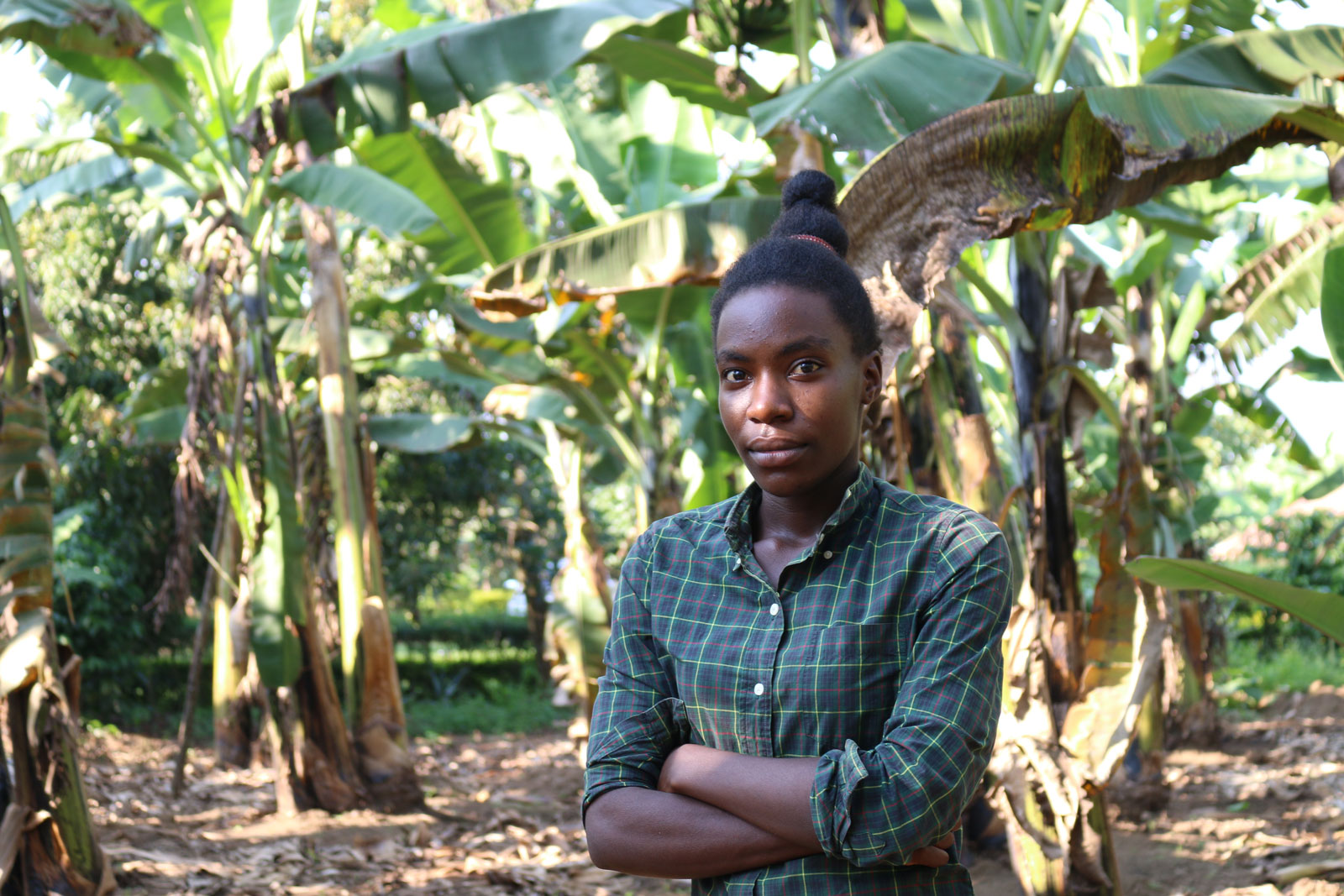[cs_content][cs_section bg_image=”https://annualreport2019.rtb.cgiar.org/wp-content/uploads/2020/09/fp4-top.png” parallax=”false” separator_top_type=”none” separator_top_height=”50px” separator_top_inset=”0px” separator_top_angle_point=”50″ separator_bottom_type=”none” separator_bottom_height=”50px” separator_bottom_inset=”0px” separator_bottom_angle_point=”50″ _order=”0″ _label=”Section 1″ style=”margin: -25px 0px 0px;padding: 0px;background-position: left top;background-size: 100%;”][cs_row inner_container=”true” marginless_columns=”false” bg_color=”transparent” style=”margin: 0px auto;padding: 250px 0px 0px;”][cs_column fade=”false” fade_animation=”in” fade_animation_offset=”45px” fade_duration=”750″ type=”1/1″ style=”padding: 0px 0 0px 0px;”][x_custom_headline level=”h2″ looks_like=”h3″ accent=”false” class=”cs-ta-left” style=”color: rgb(241, 90, 34);margin-top: 0px;”]Gender responsiveness in Farmer Business Schools[/x_custom_headline][/cs_column][/cs_row][/cs_section][cs_element_section _id=”5″ ][cs_element_layout_row _id=”6″ ][cs_element_layout_column _id=”7″ ][cs_text]
The Farmer Business Schools (FBS) is a participatory approach to provide technical assistance and support to smallholder farmers to improve their income and livelihood opportunities. In Asia, the approach has been adapted to ensure gender responsiveness, by including women, diagnosing their needs, and helping them to start group businesses. Experiences show that value chain development can contribute to gender equitable access to resources and benefits from innovations linked to roots, tubers and bananas.
In Bohol, in the Philippines, the FoodSTART+ project created six FBS groups, with more participation from women. It was the first time for many women to learn about business and they gained the confidence to start a new business activity independently.
In Meghalaya, India, FoodSTART+ established six FBSs with 110 women and 55 men. Men offered labor, experience and connections. Women contributed leadership skills to produce organic potatoes and organic cassava flour. One group of women began to sell cassava snacks in a local market.
In Assam, India, a baseline survey characterized opportunities for women and men in the potato value-chain. The study found that women’s participation in the potato value-chain is concentrated in post-harvest activities. In a future FBS, the project will take into account this gender norm and facilitate women’s participation in post-harvest activities such as storage development, processing and packaging.
[/cs_text][/cs_element_layout_column][/cs_element_layout_row][cs_element_layout_row _id=”9″ ][cs_element_layout_column _id=”10″ ][cs_element_image _id=”11″ ][cs_element_text _id=”12″ ][/cs_element_layout_column][/cs_element_layout_row][/cs_element_section][cs_section bg_color=”transparent” parallax=”false” separator_top_type=”none” separator_top_height=”50px” separator_top_inset=”0px” separator_top_angle_point=”50″ separator_bottom_type=”none” separator_bottom_height=”50px” separator_bottom_inset=”0px” separator_bottom_angle_point=”50″ _label=”Section 2″ style=”margin: 0px;padding: 30px 0px 45px;background-size: 100%;background-position: top;”][cs_row inner_container=”true” marginless_columns=”false” style=”margin: 0px auto;padding: 0px;”][cs_column fade=”false” fade_animation=”in” fade_animation_offset=”45px” fade_duration=”750″ type=”1/1″ style=”padding: 0px 0 0px 0px;”][x_share title=”SHARE THIS” share_title=”” facebook=”true” twitter=”true” google_plus=”false” linkedin=”true” pinterest=”false” reddit=”false” email=”true” email_subject=””][/cs_column][/cs_row][/cs_section][/cs_content][cs_content_seo]Gender responsiveness in Farmer Business Schools
The Farmer Business Schools (FBS) is a participatory approach to provide technical assistance and support to smallholder farmers to improve their income and livelihood opportunities. In Asia, the approach has been adapted to ensure gender responsiveness, by including women, diagnosing their needs, and helping them to start group businesses. Experiences show that value chain development can contribute to gender equitable access to resources and benefits from innovations linked to roots, tubers and bananas.
In Bohol, in the Philippines, the FoodSTART+ project created six FBS groups, with more participation from women. It was the first time for many women to learn about business and they gained the confidence to start a new business activity independently.
In Meghalaya, India, FoodSTART+ established six FBSs with 110 women and 55 men. Men offered labor, experience and connections. Women contributed leadership skills to produce organic potatoes and organic cassava flour. One group of women began to sell cassava snacks in a local market.
In Assam, India, a baseline survey characterized opportunities for women and men in the potato value-chain. The study found that women’s participation in the potato value-chain is concentrated in post-harvest activities. In a future FBS, the project will take into account this gender norm and facilitate women’s participation in post-harvest activities such as storage development, processing and packaging.
Leading the family banana farm. Uganda. S. Fernandes (RTB)
SHARE THIS [/cs_content_seo]
[/cs_content_seo]